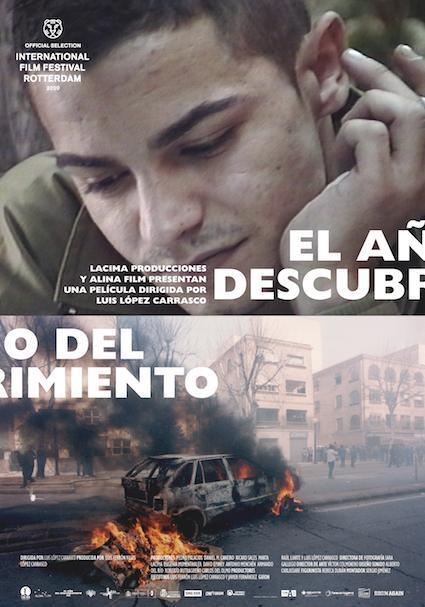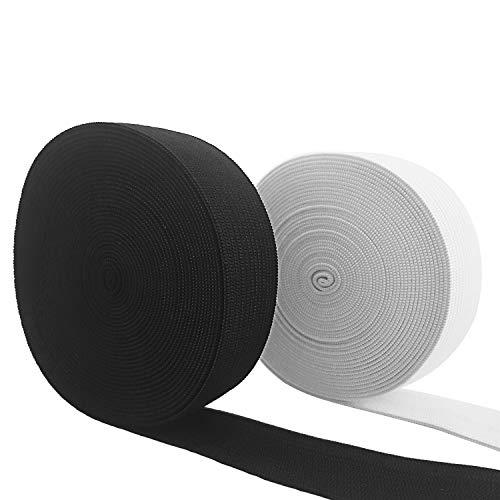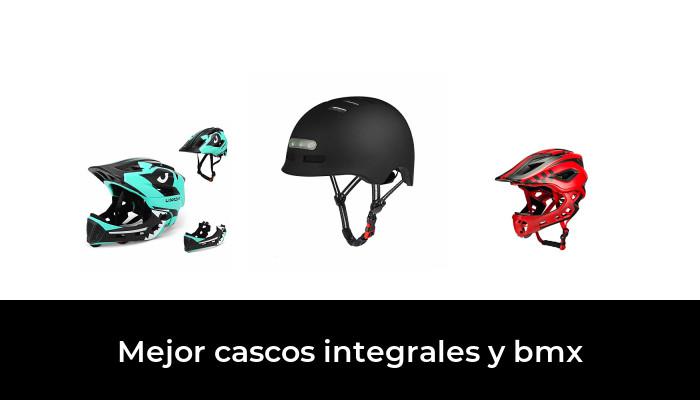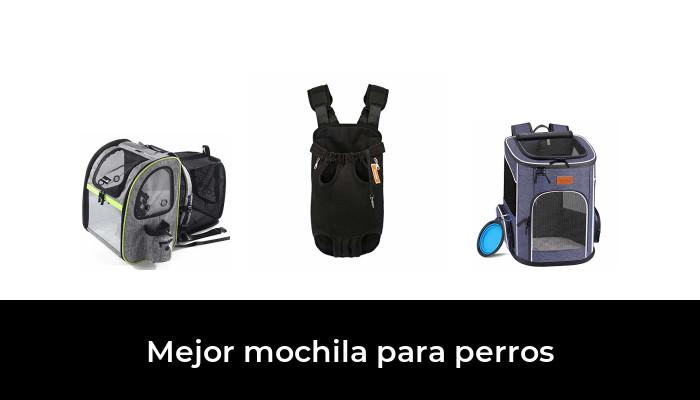'The year of discovery': The working class needs a revolution (and watch this documentary gem)
What better place to talk about the Spanish working class than the bar, which is almost like a temple where many go (or will go when the Covid-19 allows us to) ) after their workday to lash out at their boss, release stress with a doppelganger or simply celebrate that, from that moment until the next morning, they are free. Admit it: the bar is the place where you've had the deepest conversations of your life, the kind where it seemed like you were trying to fix the world over peanuts and tortilla skewers. Perhaps there was even a moment of catharsis, in which individual experiences turned into shared misery. And somehow, Luis López Carrasco has managed to encapsulate all that (and much, much more) in the 200 minutes of The Year of Discovery, winner of the Goya for Best Documentary. Don't be scared by its duration: every second is worth gold.
How to Be Frugal on Black Friday https://t.co/C2ryLxiujD https://t.co/NhyfuDJh60
— Selvyn Kennedy Fri Nov 29 16:09:40 +0000 2019
If you turned on the television in Spain in 1992, you might find yourself watching the great events that temporarily turned our country into the center of the world: the Olympic Games in Barcelona and the Universal Exhibition in Seville. Two places where we present ourselves as a modern and effervescent nation, far removed from that late dictatorship that ended with the death of the Caudillo in 1975 and settled in the democracy that came later. The image was fantastic, and has been idealized to the point of exhaustion, but it was also incomplete. Few remember today that, on February 3 of that same year, the Parliament of the Region of Murcia burned down after some virulent protests by workers who denounced the dismantling of the industrial fabric of the area. The government of Felipe González spent millions to promote our status as a country on the rise, but at the same time it introduced a process of industrial reconversion that began to unleash wild liberalism, causing company privatizations and massive layoffs in places that, even today, are not have recovered.
One of them is Cartagena, where this indeterminate bar is located that functions as the only setting for The Year of Discovery. And it is that Carrasco has built, as he himself says, a "time capsule": a bar that seems to come out of those 90s (it helps that it was shot in Hi8, certain styles and the inserts of the news), but that nevertheless situate in our present. And is that, are there so many differences between the two eras? Has the situation of the working class improved or has it only made it worse? Isn't it incredible that, almost thirty years apart, the same hopelessness, the same uncertainty, the same despair can be felt? Temporal ambiguity is key to understanding how his numerous conversations speak at the same time of before and now, because it seems that we are condemned to work in a perpetual state of precariousness.

The Cartagena crisis of 1992 is the same crisis that workers have been struggling with for decades. Seen an economic crisis, seen all. The lowest common denominator? Savage capitalism, which puts economic benefits before the well-being of workers, which angrily dismantles the popular masses (which is, in reality, more powerful than any CEO) so that we think that the system is incorrigible and we can only batter ourselves in its miseries. In this sense, The Year of Discovery is a call to arms against this belief: no, each person is not responsible for their own circumstances, because today's problems are the same as yesterday's. Perhaps the reason why we barely remember that the Murcian parliament burned down in 1992 is because that type of frustration turned into violence scares the powerful, or because we have very short memories (which also). Less individualistic mentality and more collective struggle.
Watching the film you will identify with many of its protagonists, either with the older ones who remember what a dignified life was like before everything went to ruin or with the young people who now see that situation as something of Science fiction. Either with the one that points out that being Spanish, she has never tried "those famous Spanish tomatoes" that succeed in the rest of the world or with the powerful speech of José Ibarra, historian and trade unionist who dots the i's in the documentary. Perhaps the names of Bazán, Fesa-Enfersa and Peñarroya will even ring a bell, or you will simply instantly recognize the noisy noise of any bar. And if not, it doesn't matter: you are already inside that space for debate with tapas and beer, you are already part of the social conversation thanks to the mastery of the film to create a sensation of total immersion (the split screen helps, which accurately reproduces the dynamism of the human eye) and at the same time become attentive listeners and potential interlocutors. Perhaps, also, guilty of a complicit and comfortable silence that has allowed these muds to come from those dusts.
The year of discovery is that other history of Spain that will not appear in books, but lives on thanks to films like this one, which also turns cinema into a tool for collective memory. Not only does it rescue the reality of Cartagena in the 90s from oblivion, but it also helps us to understand it, analyze it and build bridges with a present that is not too different. So, of course, many things are understood. He talks about anxiety, job insecurity, polluting companies, drugs, broken families, prostitution, gambling, the gender gap, frustrated dreams, unfair dismissals, abusive shifts... He talks about life, past and present, and traces a road to a necessary revolution that, however, seems increasingly unlikely. How little we have changed in the last 30 years.







![47 best antiage nutritive cream in 2022 [based on 326 reviews] 47 best antiage nutritive cream in 2022 [based on 326 reviews]](https://website-google-hk.oss-cn-hongkong.aliyuncs.com/drawing/article_results_6/2022/2/27/1918fc37c66ad30564173e69d9df88a0.jpeg)
